Roads are deteriorating in west Windsor, but the city says there's a 'low risk of failure'
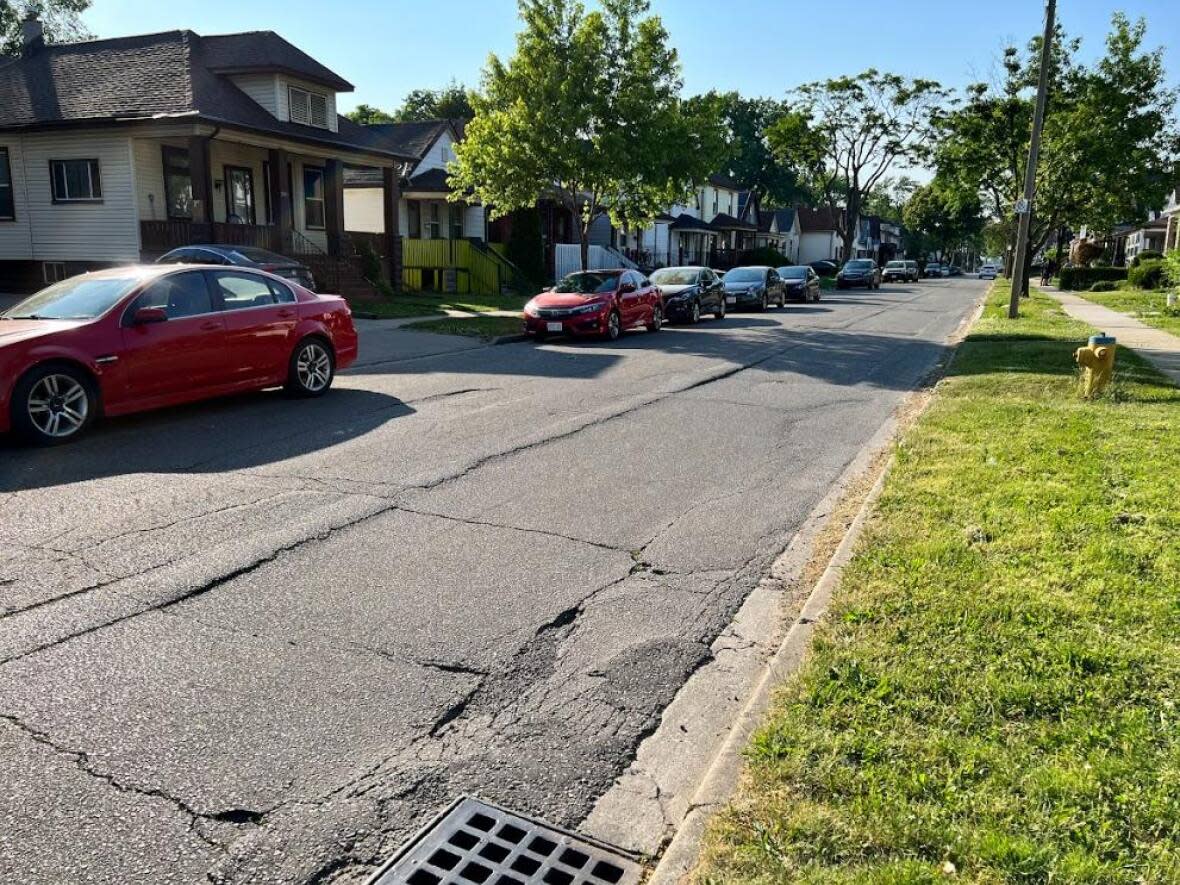
Sam Romano stands on his porch, pointing out the cracks and ridges along Bridge Avenue in Windsor's west end.
It's the street where he was born and raised. And it's now the street that has become a sore spot between himself and the city.
The street is prone to flooding, he says. The catch basins don't drain properly. According to Romano, when it rains, water pools on either side of the street. As he explains his concerns, cars slow down as they bump along the road.
"One of the reasons I ended up running on Ward 2 is that my street, Bridge [Avenue], as bad as it is, pales in comparison to some of the other streets in the west end," he said.
Romano isn't alone in lamenting the state of the roads in Windsor. When the Canadian Automobile Association released its list of the top 5 worst roads in southwestern Ontario, Windsor nearly took every spot. Two of the four roads that made the list were in the city's west end. Although the city has earmarked $500 million for road infrastructure projects in its 10-year capital budget, some citizens still feel as though their residential roads should be prioritized sooner.
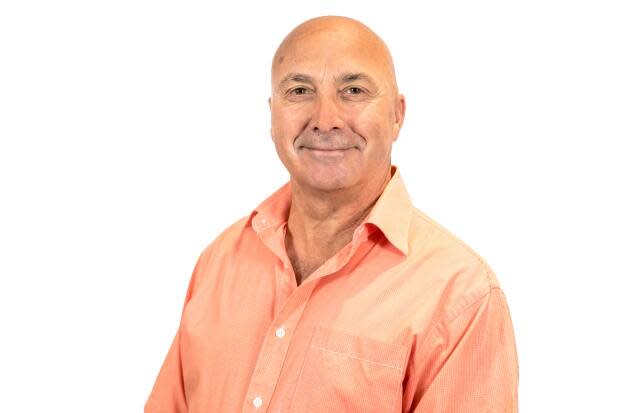
Romano has issued numerous complaints about the buckling roadway in front of his family home. According to a letter sent to Romano by Chris Nepszy, the city's commissioner of infrastructure services, the road in question requires both a sewer upgrade and "road surface and base repairs."
"It is not possible to cut out and raise just the portion of the road in front of your home without rebuilding the entire road," the city said in the letter. "At this time, Bridge Avenue is not in the five-year plan for sewer replacement, however, in the interim the maintenance division will continue to conduct repairs as needed."
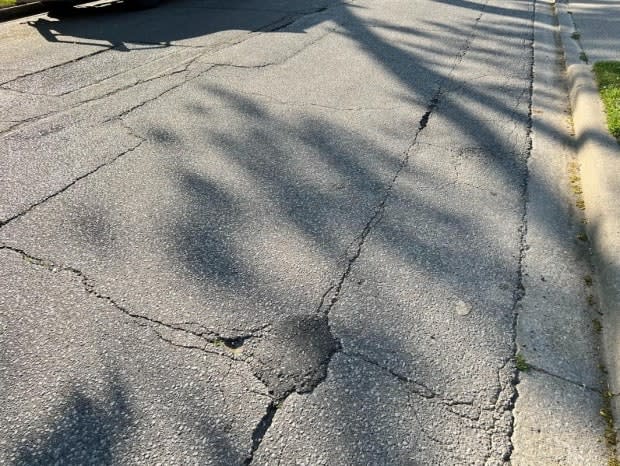
At an April 3 meeting, city council asked for a report that outlines how deficient residential roads would be addressed, specifically those not on the 10-year capital budget, such as Bridge Avenue. From deputy city engineer Shawna Boakes, a primary opening action was to conceive "A shift from a 'worst first' prioritization to a risk-based prioritization," the report outlines, "an approach where the city's most important assets are given preferential treatment."
The report outlines clearly that the city does have deteriorating road infrastructure, but at a budget of $50 million per year, work needs to be completed by priority. That priority is listed as follows:
Edward Charles Row Expressway (E.C. Row).
Arterial roads (those that connect 'important centres of activity').
Collector roads (roads that move traffic from local roads to arterial roads).
Local (industrial, commercial, residential).
Romano says the city has "come and thrown some asphalt on certain areas of the road, but that's about it."
But for now, that may be all the city can afford to do. From the April 3 meeting:
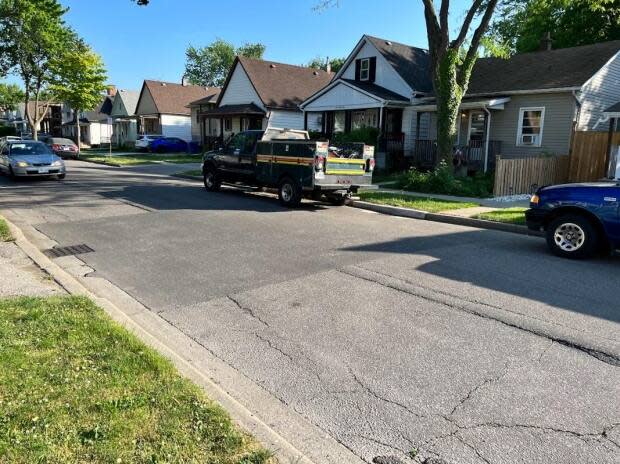
"As there is a low risk of failure of local roads, balancing the needs of local roads against other higher risk assets such as E.C. Row and storm and/or sanitary sewers will continue to be challenging."
The city hopes that by applying a priority plan, that will mean lower costs for maintaining major roads. In turn, more funding will become available for the lower risk roads in the future, "including deficient residential roads," the report says.
According to Jason Moore, the city's senior manager of communications, since 2012, the overall percentage of what they classify as "now deficient" residential roads has improved from 22.08 per cent to 17.67 per cent.
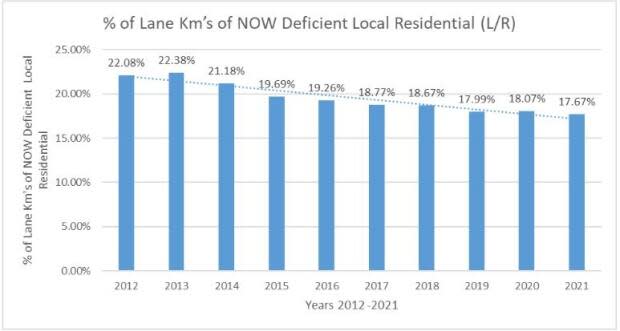
Romano says he'll continue to push for roads on the west end to get more attention.
"It's not only just Bridge Avenue. It's a lot of the roads. Look at University from Campbell to Huron Line; it's a mess. College from Huron Line to California; it's a mess," he said.
Current Ward 2 Coun. Fabio Costante did not provide comment on this story, but is aligned with the city's current road priority solution.


